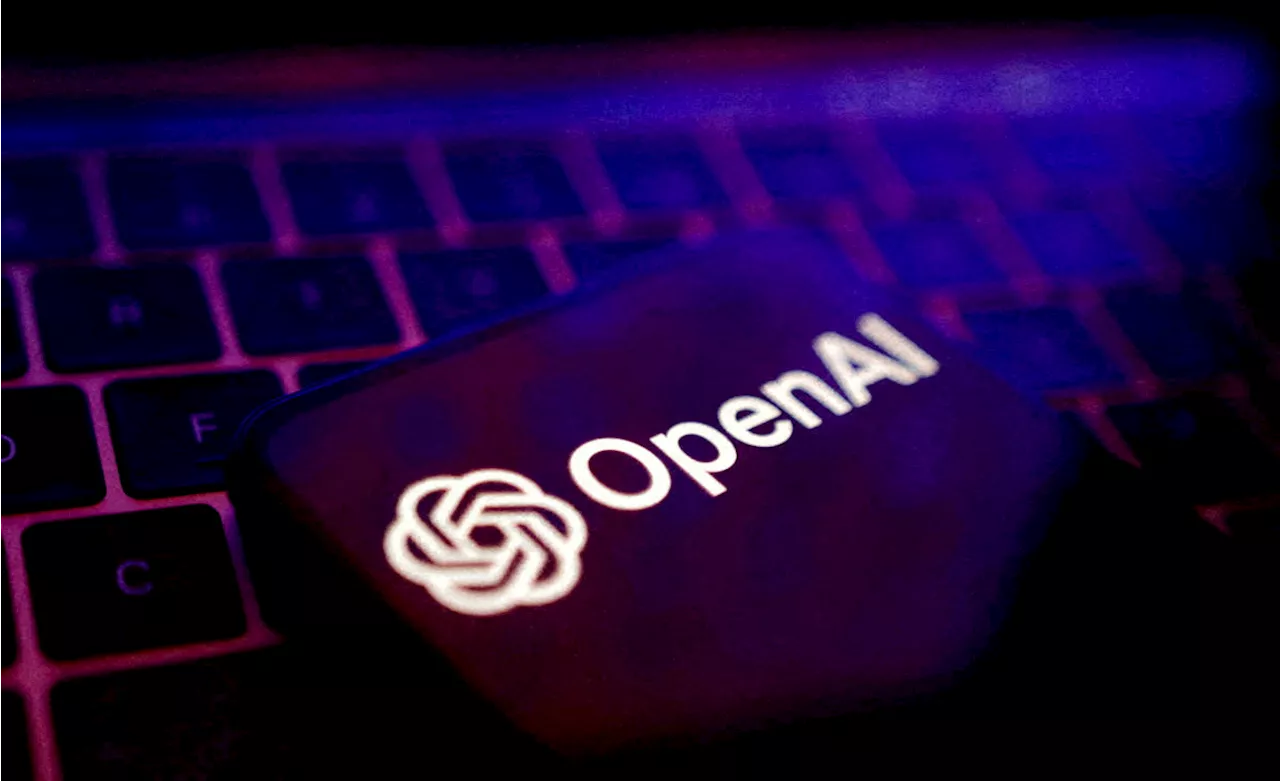A hot trend is to train generative AI and LLMs by using logical reasoning exhibited by other AI. This is clever and a nifty AI hack. Here's the insider scoop.
In today’s column, I identify how the latest generative AI and large language models are being cleverly data-trained on how to best make use of logical reasoning. This is a hot trend. Here’s how it goes. First, obtain logic-based reasoning traces from a more advanced AI and feed those into a developing AI. Second, the newbie AI uses pattern-matching to quickly catch onto the various logical reasoning facets and then incorporates that aspect into its go-forward processing.
The person tells you that they really like pickles. They eat pickles with just about anything and everything. Blueberries are like pickles. Therefore, they eat blueberries with their burgers.You are bound to be puzzled by this claimed-to-be stepwise explanation or logical reasoning.
This is considered an inductive form of learning, namely that by looking at lots of examples, the hope is to learn generalized precepts based on the examples. I’ve previously explained how AI is, at times, trained and leveraged via both inductive and deductive reasoning approaches Identify the facts, Use a comparison rule that compares the facts, Determine the answer based on the rule outcome. Fact 1: Sarah is 22 years old. Fact 2: The minimum required age for drinking is 21.
The AI then uses computational pattern-matching to try and gauge how those three elements are related to each other.
Generative AI Large Language Model LLM Anthropic Claude Google Gemini Meta Llama Microsoft Copilot Deepseek R1 Distillation Knowledge Sharing Logical Reasoning Inductive Deductive Learning By Examples
United States Latest News, United States Headlines
Similar News:You can also read news stories similar to this one that we have collected from other news sources.
 How to view marketing and other claims that can hijack your reasoning.Do you like bananas? Whether you do or don't, you need to understand the logic of claims about them.
How to view marketing and other claims that can hijack your reasoning.Do you like bananas? Whether you do or don't, you need to understand the logic of claims about them.
Read more »
 OpenAI's GPT-5 to Integrate o3 Reasoning, Offer Free AccessOpenAI CEO Sam Altman announced in a roadmap that the upcoming GPT-5 will integrate the o3 reasoning model and be accessible to free users. GPT-4.5, the next iteration, will be the last non-chain-thought model before GPT-5. OpenAI aims to unify its o-series and GPT-series models, creating systems that can utilize all its tools and handle complex tasks. GPT-5 will integrate o3 and other advanced technologies, with free users having standard access and paid tiers offering higher intelligence levels.
OpenAI's GPT-5 to Integrate o3 Reasoning, Offer Free AccessOpenAI CEO Sam Altman announced in a roadmap that the upcoming GPT-5 will integrate the o3 reasoning model and be accessible to free users. GPT-4.5, the next iteration, will be the last non-chain-thought model before GPT-5. OpenAI aims to unify its o-series and GPT-series models, creating systems that can utilize all its tools and handle complex tasks. GPT-5 will integrate o3 and other advanced technologies, with free users having standard access and paid tiers offering higher intelligence levels.
Read more »
 xAI Unleashes Grok-3: A Reasoning-Powered AI Model Outperforming the CompetitionElon Musk's xAI unveils Grok-3, a significant leap forward in AI technology, boasting enhanced reasoning capabilities and surpassing leading models like DeepSeek, GPT-4o, and Gemini. This new model offers two reasoning modes, 'Think' and 'Big Brain,' and integrates with 'Deep Search,' a next-generation search engine.
xAI Unleashes Grok-3: A Reasoning-Powered AI Model Outperforming the CompetitionElon Musk's xAI unveils Grok-3, a significant leap forward in AI technology, boasting enhanced reasoning capabilities and surpassing leading models like DeepSeek, GPT-4o, and Gemini. This new model offers two reasoning modes, 'Think' and 'Big Brain,' and integrates with 'Deep Search,' a next-generation search engine.
Read more »
 xAI Unveils Grok 3: A Leap Forward in AI ReasoningxAI, Elon Musk's AI company, has launched Grok 3, a significant advancement over its predecessor, boasting enhanced reasoning capabilities. The new models, available to X Premium+ subscribers, can analyze information, answer questions, and even perform complex calculations.
xAI Unveils Grok 3: A Leap Forward in AI ReasoningxAI, Elon Musk's AI company, has launched Grok 3, a significant advancement over its predecessor, boasting enhanced reasoning capabilities. The new models, available to X Premium+ subscribers, can analyze information, answer questions, and even perform complex calculations.
Read more »
 Elon Musk's xAI Unveils Grok-3 AI Model with Enhanced Reasoning CapabilitiesxAI, Elon Musk's artificial intelligence company, has launched Grok-3, a new AI model boasting over 10 times the compute power of its predecessor. Grok-3 outperforms rivals like OpenAI's GPT-4, Google's Gemini, and DeepSeek's V3 in early testing and features advanced reasoning capabilities, enabling it to handle complex questions and fact-check itself. xAI is also introducing Deep Search, a next-generation search engine powered by Grok-3, and a new subscription plan called SuperGrok. Musk emphasizes Grok-3's commitment to truth-seeking, even if it contradicts politically correct viewpoints.
Elon Musk's xAI Unveils Grok-3 AI Model with Enhanced Reasoning CapabilitiesxAI, Elon Musk's artificial intelligence company, has launched Grok-3, a new AI model boasting over 10 times the compute power of its predecessor. Grok-3 outperforms rivals like OpenAI's GPT-4, Google's Gemini, and DeepSeek's V3 in early testing and features advanced reasoning capabilities, enabling it to handle complex questions and fact-check itself. xAI is also introducing Deep Search, a next-generation search engine powered by Grok-3, and a new subscription plan called SuperGrok. Musk emphasizes Grok-3's commitment to truth-seeking, even if it contradicts politically correct viewpoints.
Read more »
 Understanding the Era of Genetic AI: Agents, Perception, and ReasoningThis article explores the emerging field of genetic AI, focusing on the concept of AI agents. It explains how AI agents differ from traditional LLMs and neural networks by their ability to perceive their environment and make decisions based on reasoning. The article uses examples and insights from experts at MIT Media Lab to illustrate the capabilities and potential impact of AI agents.
Understanding the Era of Genetic AI: Agents, Perception, and ReasoningThis article explores the emerging field of genetic AI, focusing on the concept of AI agents. It explains how AI agents differ from traditional LLMs and neural networks by their ability to perceive their environment and make decisions based on reasoning. The article uses examples and insights from experts at MIT Media Lab to illustrate the capabilities and potential impact of AI agents.
Read more »
